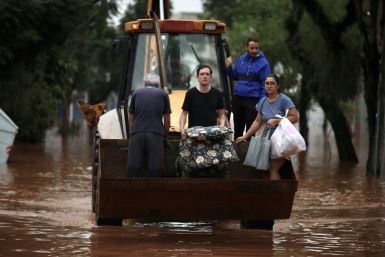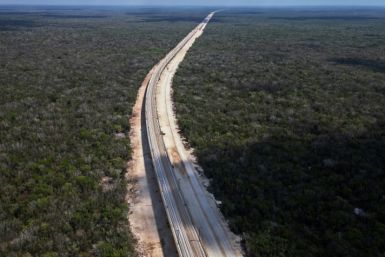Canada’s Provincial Governments Taking Away Tax Breaks Given By Federal Government With Tax Heavy Budgets: Alberta Ahead

The budgets released by many provincial governments in Canada are looking like an exercise in taking away the cushion of tax breaks offered by the Federal government to the tax payers. According to BMO Nesbitt Burns estimates, by the time the provincial budget season gets over, they will have taken back some 75 percent of the CA$4.5-billion relief given by Ottawa on taxes and fees.
According to senior economist Robert Kavcic, provinces have made budgets with more than CA $2-billion in tax and fee hikes for the 2015-2016 fiscal year. Alberta and Québec recently published their tax-heavy budgets, in which Alberta brought a new personal income tax rate and Québec made a token gesture of reducing the tax burden on businesses. In a recent report, Kavcic said, “most of what Ottawa will be returning to one taxpayers’ pocket, the provinces will take out of the other.”
Alberta’s Budget
Alberta’s Budget 2015 has two additional personal income tax brackets with a taxable income above CAD100,000 (USD79,300). These will be phased in three years from January 1, 2016, to increase the progressiveness of the system. When implemented, taxable income over CAD100,000 will be subject to a provincial income tax rate of 11.5 percent.
Alberta expects the new reforms to generate an additional CAD330 million in 2016-17, rising to CAD730m in 2018-19. There is also a new Healthcare Contribution Levy up to CAD1,000 applicable to individual taxable income over CAD50,000. Alberta also mooted a Working Family Supplement for lower income families while enhancing the Alberta Family Employment Tax Credit. But the Charitable Donations Tax Credit rate has been cut from 21 percent to 12.75 percent for total donations over CAD200, and the taxes on fuel and tobacco have also been hiked.
No Corporate Tax Hike
Alberta has refrained from revising the corporate tax. But Alberta's 10 percent corporate tax rate is its life line in attracting and retaining businesses. In the budget documents, there is a warning that "a corporate income tax increase would further compound the negative impacts being felt by businesses and the economy."
Québec's 2015 Economic Plan provides for reduction in the general corporate income tax rate from 11.9 percent to 11.5 percent for maintaining the tax credit for investments in sectors of manufacturing and processing equipment at its regions, noted the Tax News report.
The economic plan of Quebec also proposes hike in tax credits for firms engaged in film and television production, film dubbing, production of shows, sound recordings, books, and multimedia and events staged outside the province. In Alberta’s budget there are 60 tax or fee hikes, to reach a revenue goal of CA $1.5-billion in 2016, obviously to make up for the province’s oil rout. Only British Columbia chose to be different with its not so hard budget.
(For feedback/comments, contact the writer at kalyanaussie@gmail.com)






